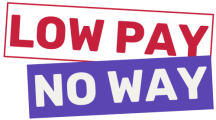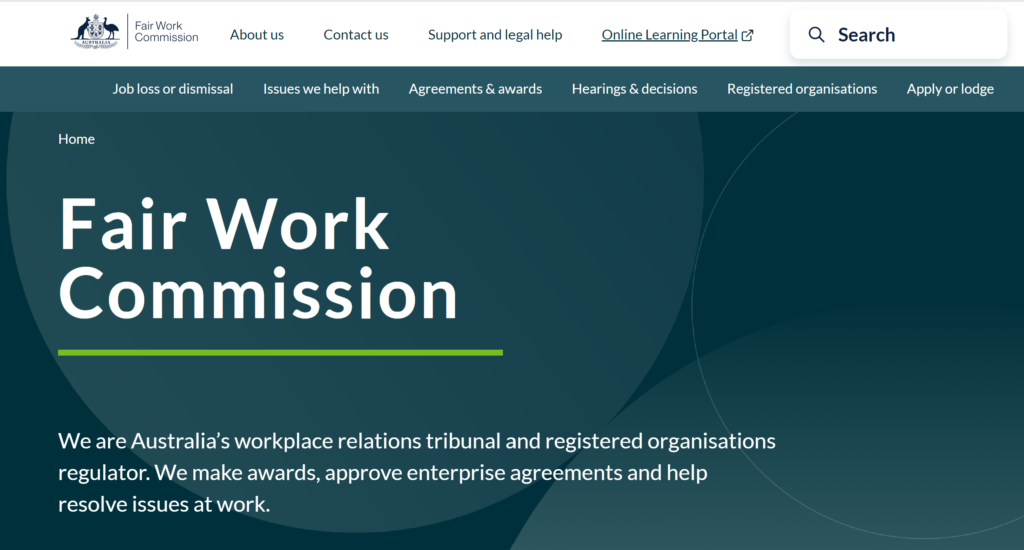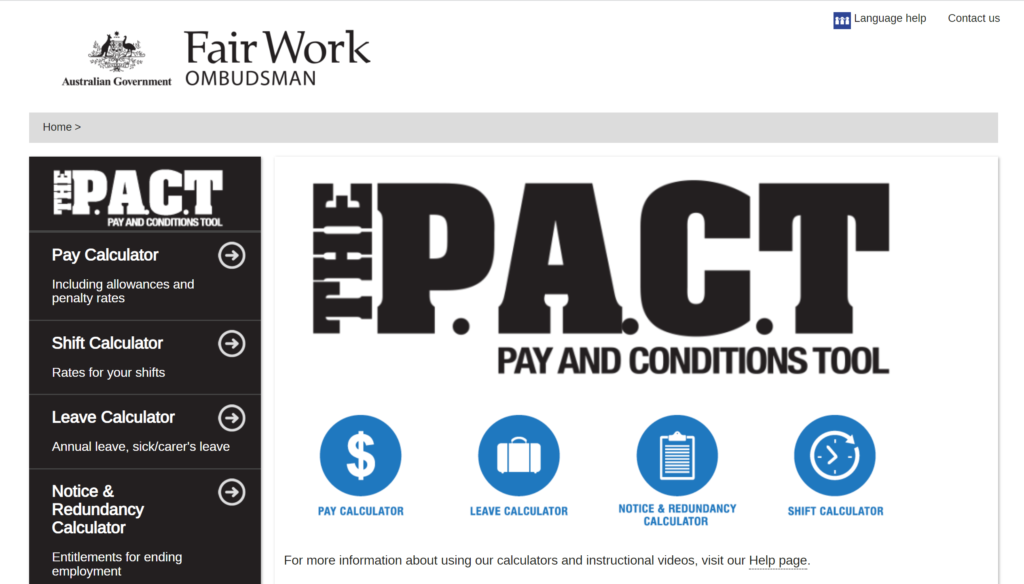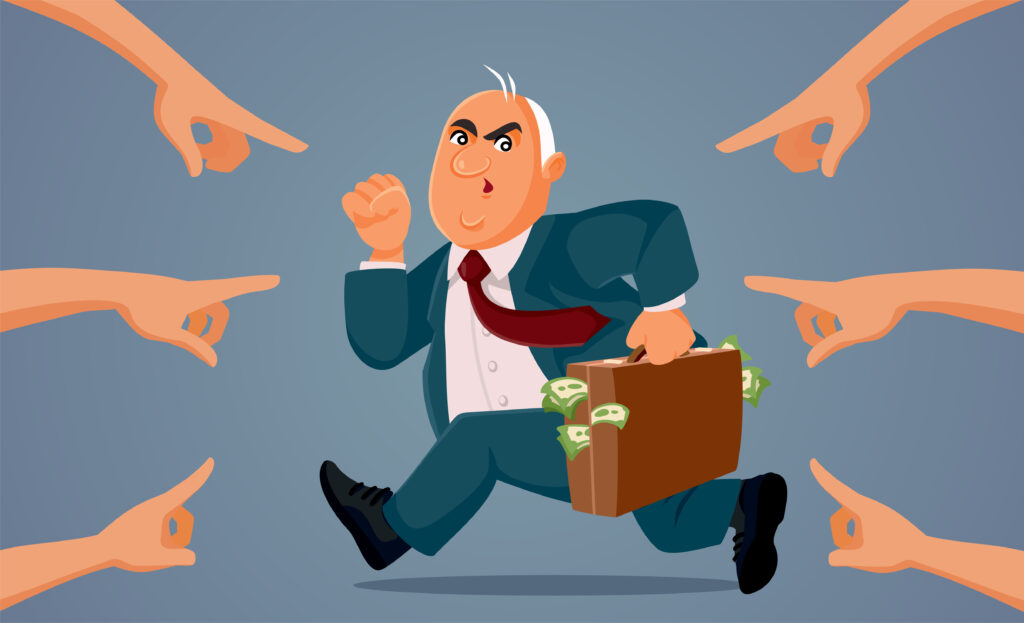How to find your award wage or EBA pay rate
You probably know how much take home pay lands in your bank account each week. For most Australians, each cent gets accounted for with rent or mortgage, food, and skyrocketing bills.
But do you know whether that rate of pay is set by an award or via an Enterprise Bargaining Agreement (EBA)? Does it matter? Spoiler alert: yes, it does.
Here we explain what you need to know about the employment agreement you’re covered under and why understanding it could help increase your pay.
Why does your employment agreement matter?
Whether you’re a seasoned employee or just starting out on your vocational journey, it’s important to know where you stand. Award wages and EBAs are like the rulebooks to make sure you’re treated fairly and with the respect you deserve.
When you know what you’re covered under, you can:
- check your pay rates and make sure you’re getting what you deserve.
- make sure you’re working the hours you should be.
- understand whether you should get additional payments for overtime.
- find out about any other benefits you’re entitled to.
What’s the difference between an award and an EBA?
An award is a legal document that outlines the minimum pay rates for around 100 industries. One in four workers, that’s about 3 million people, are on award wages.
You can read more about award wages in this UWU article: What are award wages and how do unions help win better pay?.
An enterprise bargaining agreement is an agreement formed between the employer and the employees. It’s typically formed where a union represents those employees.
An EBA provides for your various conditions of employment and entitlements.
However, all EBAs must be better off overall than the award. This is known as the BOOT (Better Off Overall Test).
So,if you are not covered by an EBA, you’re usually covered by an award.
How can I find my award wage or EBA?
There are a few ways you can work out whether you’re covered under an award or EBA.
1. Check your contract
Your employment contract should say whether you’re covered by an EBA or an award wage.
2. Talk to your colleagues
Have a chat with your colleagues or ask your union worksite delegate (if you have one).
3. Ask your employer
Check with your boss, your payroll officer, or HR department.
4. Check the Fair Work Commission website
The Fair Work Commission website has a record of all enterprise agreements that have been negotiated. You can search for your employer to see if they have an EBA for their employees. Each agreement contains the rates of pay for staff covered by that agreement.
Fair Work Commission also has a record of all the award wage rates which you can check out here.
5. Get in touch with United Workers Union (UWU)
Having no luck working it out? No worries. Your union is here to help. Contact the union office for advice in identifying the enterprise agreement EBA or award that applies to you.
I’ve found my Award Rate or EBA. What’s next?
Now you know what agreement you’re covered under, you need to check your pay rate to make sure you’re being paid the right wage. If you’re under an award wage, you can use the Fair Work Ombudsman’s PACT tool to put in your award and your level.
The tool breaks down the different hours of work that you might do, such as afternoons, evenings, weekends and public holidays, and if penalty rates apply. Plus, it can include other allowances and payments.
If you find a discrepancy, bring it up with your employer in a non-combative manner.
If your employer does nothing, then you can get in touch with your union for help.
I was underpaid in the past. Is it worth doing anything?
Absolutely. You’ve got six years to pursue an underpayment. So, if you’re checking a previous job, it could be worth fighting for. If you don’t have access to your payslips, that’s not a problem either – by law, it’s the employer’s responsibility to retain these records and they could face serious penalties if they can’t locate them.
Even if the money you lost isn’t very much, you did the work and you’re entitled to be paid the right amount. You don’t know how many other people may have been affected by similar wage theft. The latest research shows that workers in Australia are underpaid by as much as $1billion per year.
I’m being underpaid but I don’t know what to do
If you’re confused by your employment contract, you’re not alone. Contracts are complex legal documents and can be quite difficult to interpret.
When you join a union like UWU, our specialist team can help make sure you are getting paid the right wage. Members who discover they’ve been underpaid can get help to recover their stolen wages.
Interested in learning more? Join UWU now to get expert advice and support from your union.





